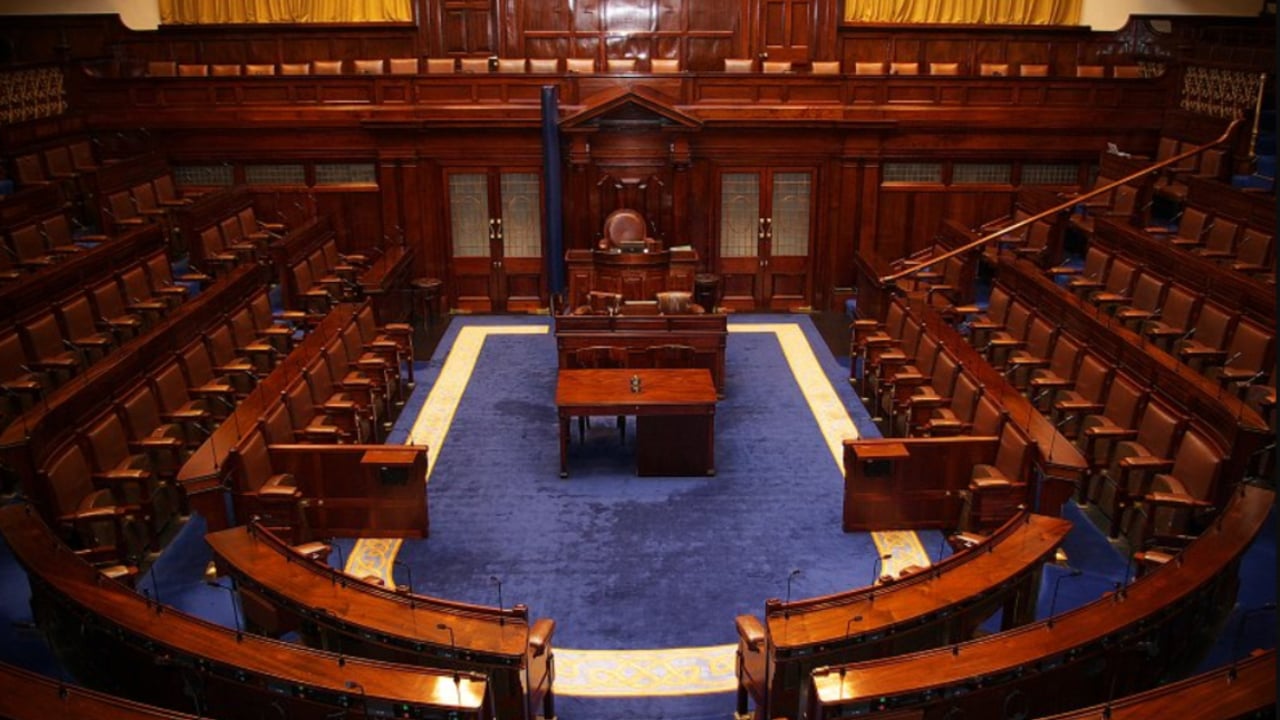Mercosur: EU confirms no say for national parliaments on trade
The EU has confirmed that there will be no role for the national parliaments of EU member states to ratify or reject the trade elements of the EU-Mercosur Trade Agreement.
The agreement, officially called the EU-Mercosur Partnership Agreement, was officially adopted by the European Commission today (Wednesday, September 3), and will now move onto the Council of the EU (council of ministers) and the European Parliament for ratification.
However, while some aspects of the deal will need to be ratified individually by the parliaments of each member state, the trade aspects will not.
The deal will, among many other trade provisions, decrease the tariff on beef from Mercosur to 7.5%, up to 99,000t carcass weight.
This has caused enormous controversy among EU farm organisations and many politicians, who are concerned about competition from Mercosur beef - mainly from Brazil - that is produced to a lower environmental standard.
The EU has argued that because trade is within its own exclusive competence, and is not a shared competence with the member states, it can be ratified through its own legislative process.
This means the trade agreement can be ratified with only a qualified majority in the Council of the EU - meaning 15 member states representing 65% of the EU population - and a simple majority in the European Parliament.
The trade aspects of the deal would then enter into force as an 'interim trade agreement' - even if the wider EU-Mercosur Partnership Agreement takes many years to ratify.
The interim trade agreement would essentially be in force indefinitely, and in theory can remain in force even if the partnership agreement is never ratified.
The agreement has a whole, called the 'framework agreement', includes the trade aspects as well as political and cooperation aspects.
The framework agreement will need ratification from of the member states' parliaments, and the trade agreement will only need a signature from the Council of the EU and the consent of the European Parliament to be ratified.
If the parliament votes in favour of the framework agreement, the interim trade agreement will be split out and enter into force on its own, while the framework agreement goes to nationals parliaments.
If this happens, the new trading relationship with Mercosur, including the reduced tariff for the 99,000t of beef, would be fully and entirely in place.
Then, at some future point if the larger framework agreement is ratified by all member state parliaments, the interim trade agreement will formally expire and its trade provisions will be subsumed into the framework agreement, and will then apply as part of that agreement.
It is expected that it may take around a year-and-a-half for the interim trade agreement to enter into force, so that the new trading arrangement would apply from late 2026 or early 2027.
If the national parliaments are slow to ratify the framework agreement, this would not effect the interim trade agreement.
For example, an older trade agreement between the EU and Central American countries was in provisional application for 11 years before it was formally ratified by the last national parliament.
One potential sticking point for the interim trade agreement would be if a national parliament explicitly voted to reject the framework agreement (rather than simply taking no action on it).
According to one senior EU official, there is a lack of clarity among legal professionals as to what would happen in that case.
It is not expected that this would automatically stop the interim trade agreement from being in force, but it is possible that the Courts of Justice of the EU may have to get involved to decide what happens to it.
According to the EU official, dividing the EU-Mercosur Partnership Agreement into the interim trade agreement and the framework agreement is to prevent the trade aspects of the deal being kept "hostage to national parliaments" when trade is not within the competency of member states.
This, the official said, gives legal certainty on trade, particularly in light of trade disputes that have arisen or may arise with other trading partners.





